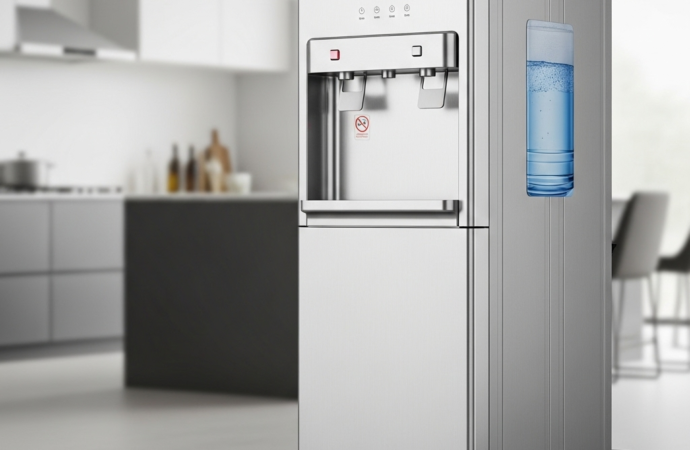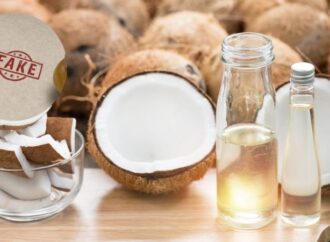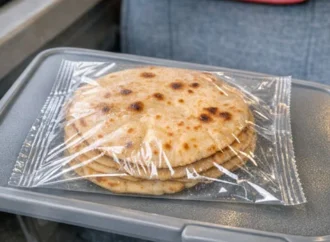Overview
India’s national food authority has released draft regulations aimed at tightening the quality and safety standards for purified drinking water sold through vending machines. Issued under the FSS Food Products Standards & Food Additives Regulations, the draft lays down extensive requirements to ensure that consumers receive safe, clean drinking water from these decentralised systems. FSSAI plans to replace existing Regulation 2.10.9(2) with these detailed norms, which target water dispensed from vending machines but do not apply to packaged drinking water or natural mineral water.
Definition of Drinking Water (Purified)
The draft defines this category as water sold through water vending machines, specifically excluding packaged drinking water and mineral water products. FSSAI clarifies that a water vending machine is a decentralised system that purifies and dispenses water but does not include installations used only for captive consumption.
Key Safety Standards Proposed
- Physical Parameters: colour (max 5 Hazen units), pH (6.5–8.5), turbidity (max 1 NTU), total dissolved solids (max 500 mg/l).
- Microbiological Standards: E. coli and total coliform bacteria must be undetectable in any 100 ml sample.
- Additional requirements cover 24 general parameters, 11 toxic substances, three radioactive residues, and 18 pesticide residues.
Public Feedback Invited
FSSAI has called on stakeholders to submit objections or suggestions regarding the proposed rules before they are finalised.
Source: FNB News
 Food Manifest
Food Manifest 


















